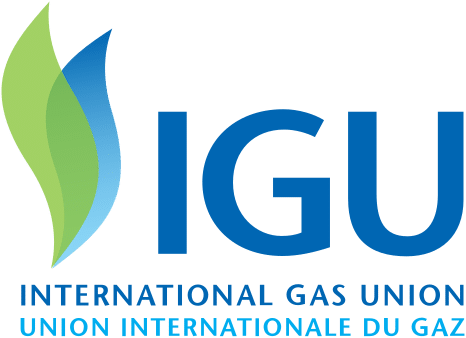ARPEL, the International Gas Union (IGU) and the Latin American Energy Organization (OLADE) together to create this publication, “Natural Gas in the Transition to Low-Carbon Economies – The Case for Latin America and the Caribbean.”
This regional white paper explores the role of and the drivers for the development of natural gas today in the energy transition in the specific context of Latin America and the Caribbean. The report includes an analysis of natural gas scenarios; an overview of the socio-economic, energy and GHG (greenhouse gases) emissions situation in the region; the key drivers of natural gas and low-carbon gases development and presents perspectives on each country in the Region.
Transforming the energy sector at the needed scale and pace is a herculean task, to which all players in the energy landscape must contribute, while recognizing that the transition will require different pathways and options for different conditions – a series of “transitions” rather than a unique linear sequence of events.
This joint initiative by ARPEL, OLADE and the IGU tries to illustrate the complexity of the transition, reinforcing the necessity of dialogue among institutions to reduce global warming and to promote sustainable socio-economic development for a growing global population. The fulfilment of the 17 United Nations Sustainable Development Goals (SDGs) implies a holistic approach. This is not only restricted to energy, as natural gas and low-carbon gases are also feedstock for chemicals, fertilizers, and synthetic fuels.


